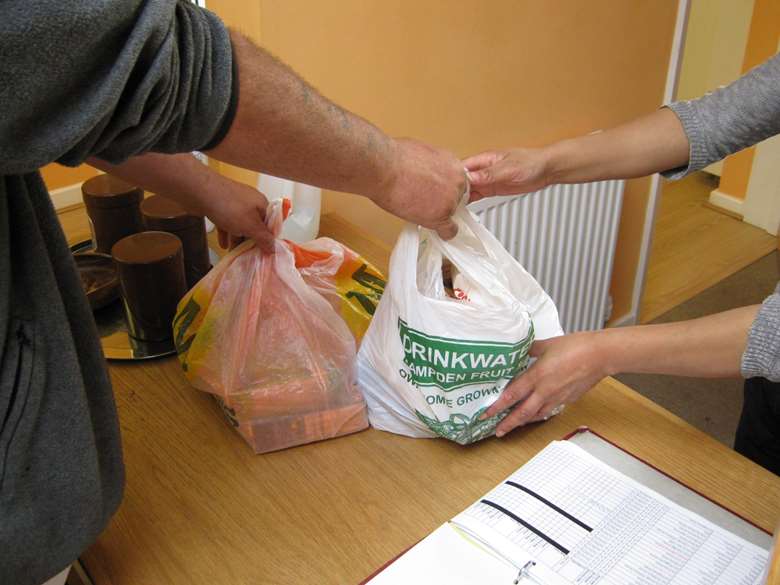MPs: Teach children how to cook on a budget to beat hunger
Laura McCardle
Monday, December 8, 2014
Fewer families would go hungry in the future if schools were required to teach budgeting and parenting skills, MPs have concluded.

A report by the all-party parliamentary group (APPG) on hunger and food poverty is calling for the skills to be made a statutory requirement of personal, social and health education (PSHE) in a bid to equip all young people with the ability to prepare meals on a budget.
The Feeding Britain report warns that families on low incomes are most at risk of experiencing hunger if they are unable to prepare meals from scratch and rely on ready meals or takeaways instead.
The report states: “As well as lacking resources, a proportion of families also lack the resilience to cope with life on a low income.
“They may have difficulties budgeting for a week’s worth of shopping, for example, as whatever income there might be is devoted to other, non-essential items of expenditure or to paying off debt.”
Evidence submitted to the inquiry, which was launched in April, shows that primary-aged children are going to school hungry because their parents could not, or would not, make them breakfast.
As a result, the APPG is calling on schools to refer such families to their local Troubled Families project for intensive parenting and budgeting support.
It also wants the government to prioritise children from poorer families in any future expansion of the free school meals programme, which currently provides hot meals to infants.
The report warns that delays in benefit payments and rising utility costs are also causing families to go hungry and contributing to an increased use of food banks.
To tackle the immediate issue, MPs have suggested that a pilot by the Trussell Trust, which co-locates debt and benefits advice with food banks, be extended across the charity’s network and be adopted, where possible, by other food bank providers.
Matthew Reed, chief executive of The Children’s Society, said it is vital that families living in poverty receive urgent support.
He said: “It’s a national scandal that ever more families are resorting to food banks to feed their children and it’s imperative that this report’s call for action is answered.
“Problem debt is a key reason why families seek support from food banks, so urgent steps must be taken to provide families who are struggling to make ends meet with an alternative to payday loans.
“All families in poverty most be able to access free school meals and receive help with heating their homes – and the government must withdraw its threat to scrap national funding for local welfare assistance schemes, which help thousands of the most desperate families cope with crises.”
Joe Hayman, chief executive of the PSHE Association, said long-term hunger is a huge concern.
He said: "Learning about personal finance and parenting are core elements of a PSHE curriculum, and we want PSHE to be a statutory part of the curriculum for every school in the country, including academies.
"It is really important that as part of any statutory status, schools should be able to tailor their PSHE provision to meet the needs of pupils, families and communities in their locality."




